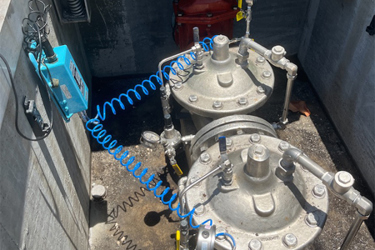Understanding Flow And Pressure In Municipal Water Systems

Maintaining consistent flow and pressure is crucial for delivering reliable water to all sectors within a municipal distribution network. These systems are intricate, covering vast areas and subject to varying environmental and demand conditions. Water pressure is the force pushing water through pipes (measured in psi), while flow rate is the volume moving over time (measured in GPM or L/s). The two are interdependent, and balancing them prevents pipe damage, service disruptions, and water loss.
Pressure in these networks is influenced by several factors, including elevation, pipe age and material, demand fluctuations, pump/valve operations, and undetected leaks. Effective pressure management reduces maintenance costs by preventing pipe bursts, improves energy efficiency in pumping, extends infrastructure lifespan, and enables quick leak detection. Modern utilities utilize smart water infrastructure tools like pressure control systems, multi-channel data loggers, and analysis platforms to optimize performance.
Read the full article to learn more about the critical factors that influence pressure in utility networks and the data-driven tools used for effective pressure management.
Get unlimited access to:
Enter your credentials below to log in. Not yet a member of Water Online? Subscribe today.
